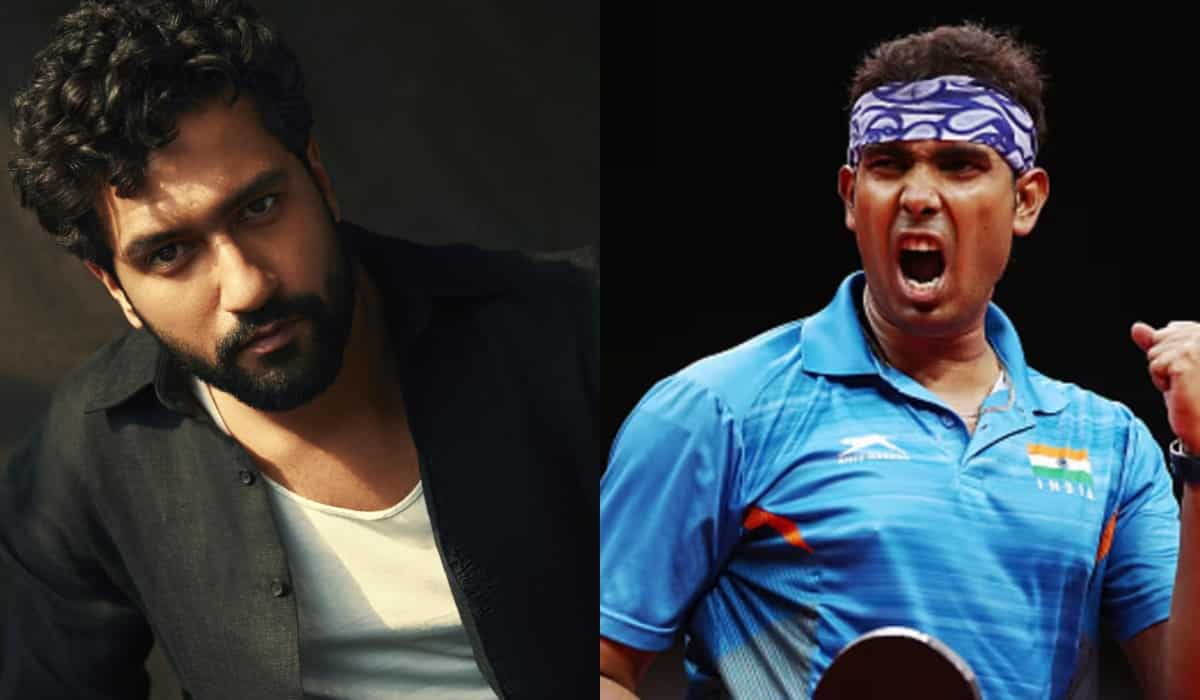
Kho Kho World Cup: Aspiring to Globalize the Game
3 months ago | 5 Views
New Delhi: Pratik Waikar experienced a profound sense of joy and relief. Leading India to victory in the inaugural Kho Kho World Cup held on home soil was a source of great happiness. Furthermore, the tournament's elevation to a more prominent status beyond its modest origins instilled confidence that this indigenous sport has a promising future ahead.
Waikar is optimistic about the growth of kho kho and its potential to positively influence his career, especially as he has chosen a sport with limited opportunities. This sentiment was similarly echoed by the triumphant Indian women’s team.
Reflecting on the past, kabaddi was once a traditional game played on dirt fields that successfully expanded its reach internationally, making its debut in the Asian Games during the 1990 edition in Beijing. The sport gained such traction in Asia that India lost its gold medal status in both the men's and women's categories to Iran at the 2018 Jakarta Asian Games.
The announcement of a second Kho Kho World Cup in Birmingham in 2027 has already been made, yet the Delhi edition highlighted that, despite the game transitioning indoors and incorporating various new elements to enhance its appeal, there remains a need for other countries to elevate their standards. This development would signify the sport's expansion.
It is not surprising that India and Nepal reached the finals in both the men's and women's competitions, as this outcome reflects the game’s South Asian heritage. It also suggests that, with proper support, teams from Europe and Africa could develop, thereby giving Kho Kho a truly global presence.
Several international teams are making initial strides in this direction. For example, the United States Kho Kho Association was established in 2022, mirroring the efforts of many of the 23 nations that participated in this month’s World Cup.
Evan Couchot, the captain of the US men’s team, emphasized the importance of representing his country in the first edition of this exciting new sport. “In our country, we need to widely disseminate information about it and engage children in competitive play,” he stated.
“The challenge lies in spreading awareness, particularly given the vastness of the US. While growth may be gradual at first, we are committed to the journey.”
Numerous nations, including the United States and Brazil, have opted to explore kho kho, drawn by its rapid pace and low investment requirements, which entail minimal equipment and infrastructure.
Laura Doering, the coach of the Brazilian men's team, emphasized the importance of further promoting the sport, stating, “In our country, everyone is familiar with tennis and soccer, but kho kho's lack of equipment means it can be played anywhere, which is a significant advantage.”
Doering also suggested that to enhance Kho Kho's global adaptability, the rules could be adjusted to be more flexible for different countries at the outset.
Timothy Kojo Aamedeka, captain of the Ghana team, was introduced to kho kho only in 2022, with the team beginning their training just three months prior to the World Cup.
He remarked, “I believe our social media videos will help spark interest among locals back home, but that alone will not suffice. More countries need to receive education about the game to facilitate its global expansion.”
Dagmara Skirzynska, captain of the Polish women's team, expressed optimism regarding the interest generated by the World Cup but asserted that kho kho must be integrated into school programs in her country for it to flourish.
Sumit Bhatia, the coach of the Indian team, is confident that new rules could enhance the excitement of kho kho. He noted, “For example, the Wazir rule (the only player allowed to turn in both directions) was introduced in the World Cup. We can further modify the game by incorporating dives, as seen in the Ultimate Kho Kho tournament.”
He elaborated on specific moves, such as the skydive (touching an opponent while airborne) which earns a bonus point, the pole dive (using the pole to attack) which awards additional points, and the all-out rule for eliminating all four opponents.
The International Kho Kho Federation has set its sights on including kho kho in the Olympics. The World Cup has sparked interest among various nations to develop the sport at the grassroots level, train coaches, and raise awareness, although the journey ahead remains challenging.
Read more news like this on HindustanTimes.com
#




















